India’s Westward Turn: Strategic Recalibration in West Asia
India’s renewed engagement with West Asia reflects a deliberate, pragmatic, and multidimensional strategy in West Asia, emphasizing economic, strategic, and diplomatic interests while preserving its long-standing principle of strategic autonomy ...

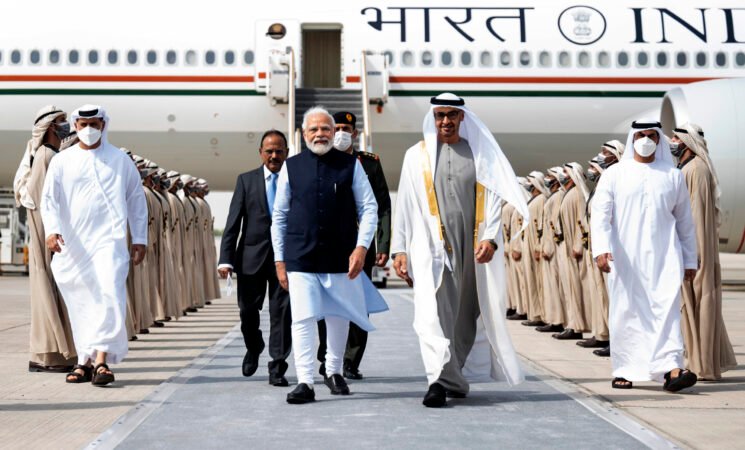


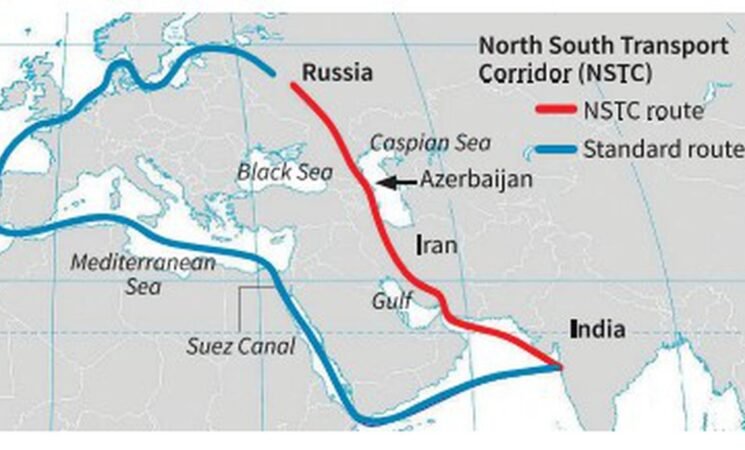


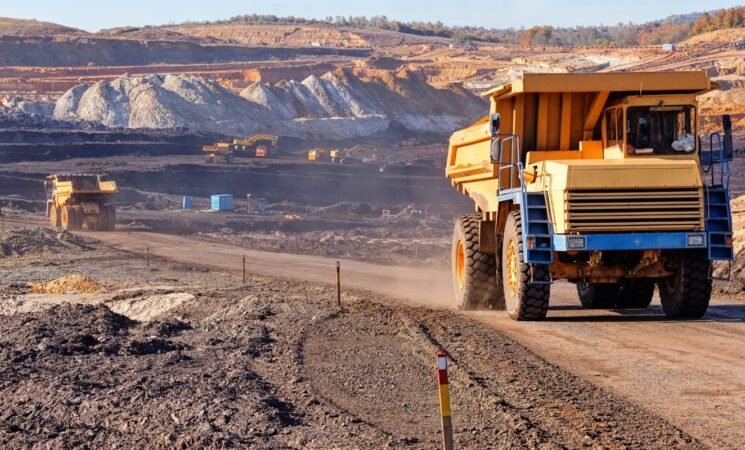
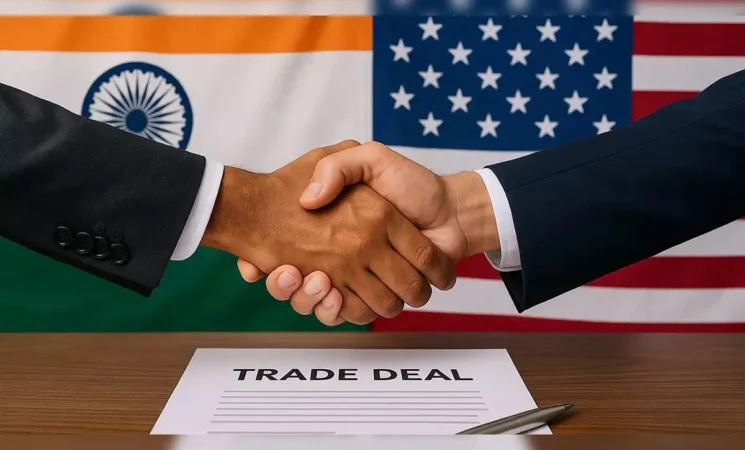
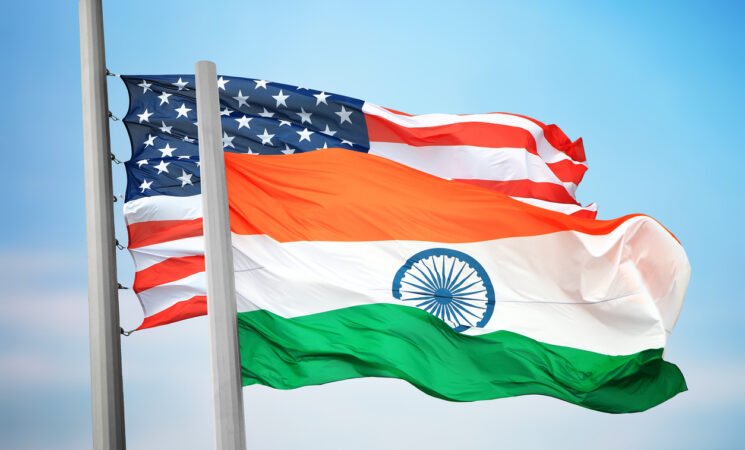
American Invasion of Venezuela: Revisionism and Resource Extracions
The operation's hemispheric implications extend beyond Venezuela. Colombia mobilized border forces anticipating refugee flows, while Guyana—facing Venezuelan territorial claims—maintained muted support ...